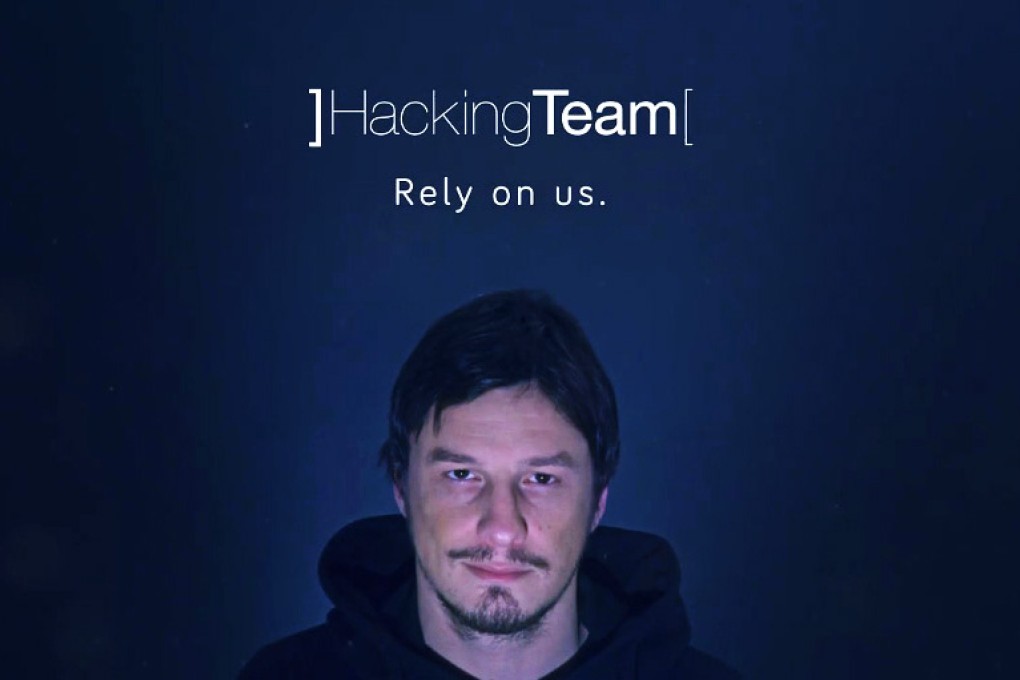Chinese hackers used tools leaked after attack on Italian cybersecurity firm Hacking Team

Sectors targeted in their attacks included aerospace and defence, energy, telecommunications and healthcare, cyber experts said.
They appear to have used tools that were made public after unknown attackers stole 400 gigabytes of data last week from Hacking Team,which specialises in selling surveillance software to law enforcement and intelligence agencies around the world.
Stockpiling exploits maintains a vulnerable status quo. It also introduces a new risk that the exploits could be stolen and used by others.
The company was named an "enemy of the internet" in 2012 by Reporters Without Borders for providing surveillance and hacking tools to regimes accused of serious human rights abuses like Sudan and Egypt.
The stolen data was posted online, where it was pored over by cybersecurity experts.
Cyber criminals also appear to have taken advantage of the vulnerabilities that were exposed, especially zero-day exploits that Hacking Team had stockpiled and were subsequently leaked.
Zero-day vulnerabilities are holes in pieces of software that are unknown even to their creators, making them all but impossible to guard against.